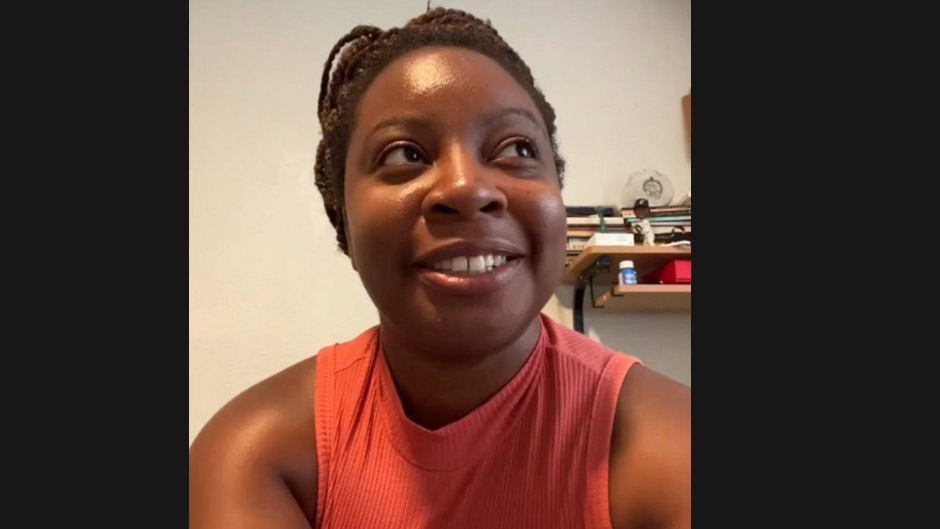There are different aspects of our identity and this process is not at all limited to our teenage years. One aspect of our identity is our ethnic-racial identity, or ERI. ERI is a psychological construct made up of the beliefs and attitudes a person has about their ethnic-racial group memberships. While the research is mixed for Latinx and Asian youth, it is clear for Black youth: positive ERI leads to more positive outcomes - mentally, academically, emotionally, health-wise, and socially. In this video, we're going to talk a little bit about what ERI is and what are some ways you can develop it for yourself and your children.
This process starts when we're really young. Whether intentional or not, explicit or implicit the world and our parents have been teaching us about what it means to be Black. If left unchecked, this can lead to us internalizing the negative messages this racist society says about us. And there’s research to support that! Back in the 1950s, Drs. Kenneth and Mamie Clark, a Black power couple of their times, conducted an experiment where they had Black children sit at a table with a White baby doll and a Black baby doll. They asked which baby doll had all these Positive character traits and which one had all the negative ones. Most of the Black children ascribed the positive characteristics to the White doll and the negative ones to the Black doll. Then they ask, which doll do you look the most like. These results still stand today, as CNN did this experiment again and if you want to have your heart broken, you can check out the link in the video description.
But the point is, racism is everywhere. White supremacy has enmeshed itself in every aspect of our society. Without intentionally challenging these notions, we can grow up valuing ourselves based on our proximity to Whiteness in appearance and behavior (gross!). As a community, we have to actively combat these societal messages through race socialization.
Dr. Chase Lesane-Brown defines race socialization as specific verbal and non-verbal messages transmitted to younger generations for the development of values, attitudes, behaviors, and beliefs regarding the meaning and significance of race and racial stratification, intergroup and intragroup interactions, and personal and group identity.
The most helpful race socialization technique when it comes to ethnic-racial identity is cultural socialization. Cultural socialization entails learning about one’s racial or ethnic heritage and history, learn cultural customs and traditions, and promote enthic racial pride. A positive ERI can only come with dedicated time and space to explore your ethnicity, your race, and what it means to you personally.
To nurture this process in children, our team created this weekly after-school program to promote positive ERI. The Kulula Project is an evidence-based mentoring program that uses a culturally enriched approach to enhance the identity development of youth ages 8 to 14 years old. Each week, trained mentors will lead activities rooted in African culture and history that will cover important topics such as self-awareness, relationship building, skill development, leadership training, and community service. For the first time ever, we're conducting this virtually! If you’re interested in the potential benefits a strong Black identity can have for your child, go ahead and sign them up here. We meet Thursdays at 4! There’s even a parent component. If you’re older than 14 but are still interested, apply to be a mentor.
That's it from me! Stay safe. Check in on your loved ones. And Take care of yourself.
Learn about the overlap between identity development and Black Mental Health.
You can find more Information about the Kulula Project HERE
REGISTER your child for Kulula Today!
APPLY to be a Kulula Mentor Today!
Black Doll - White Doll CNN Video Referenced


